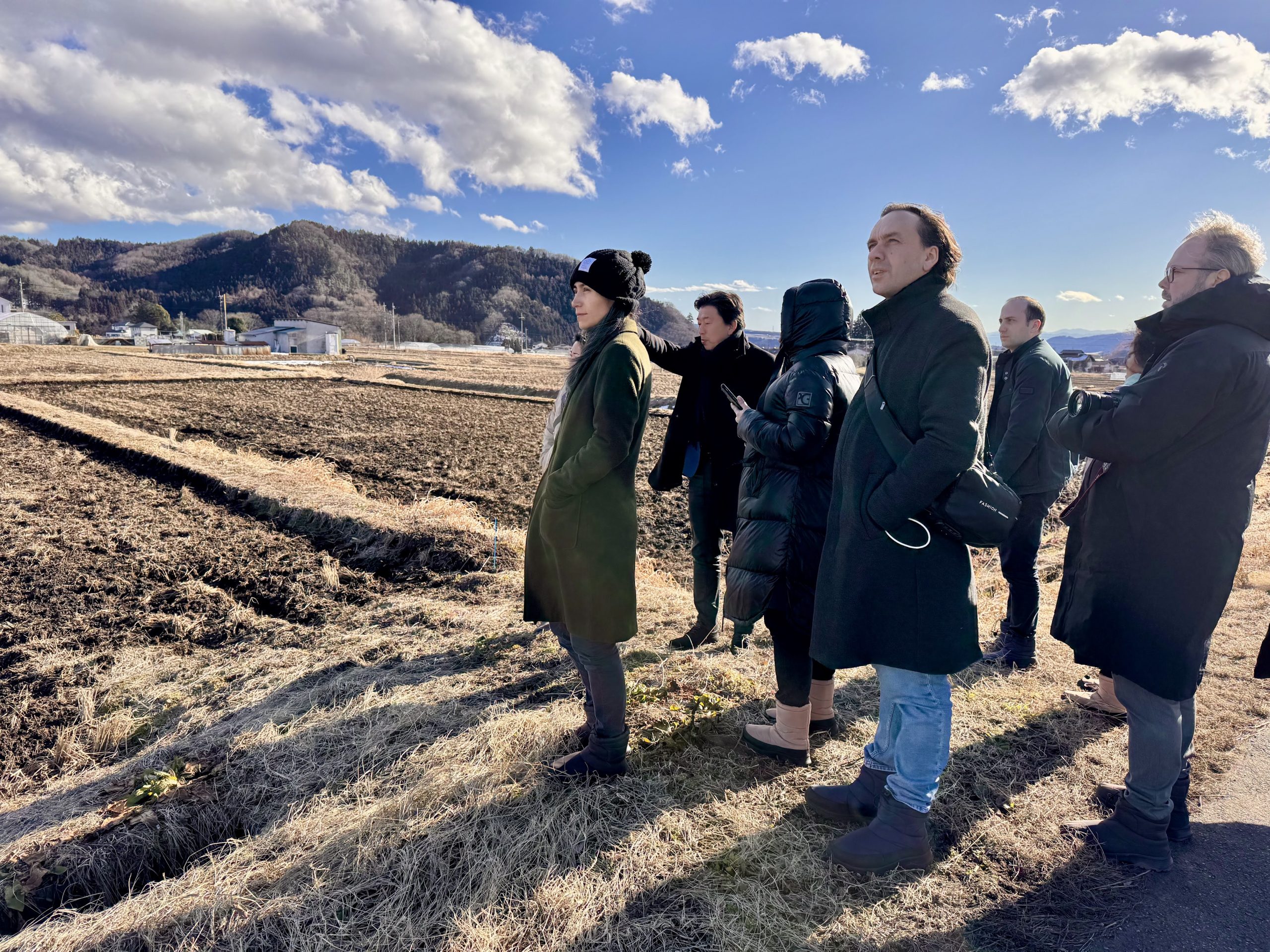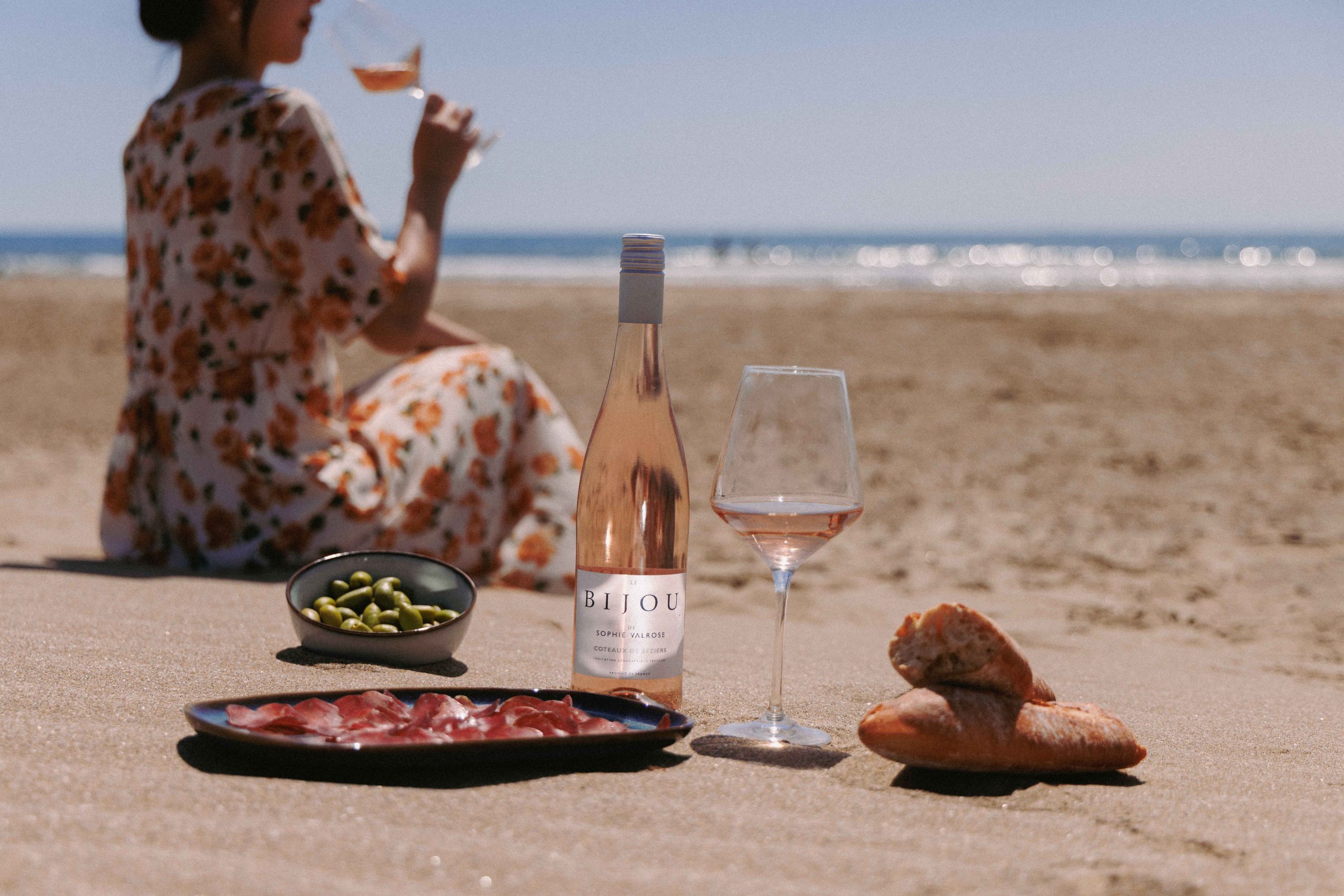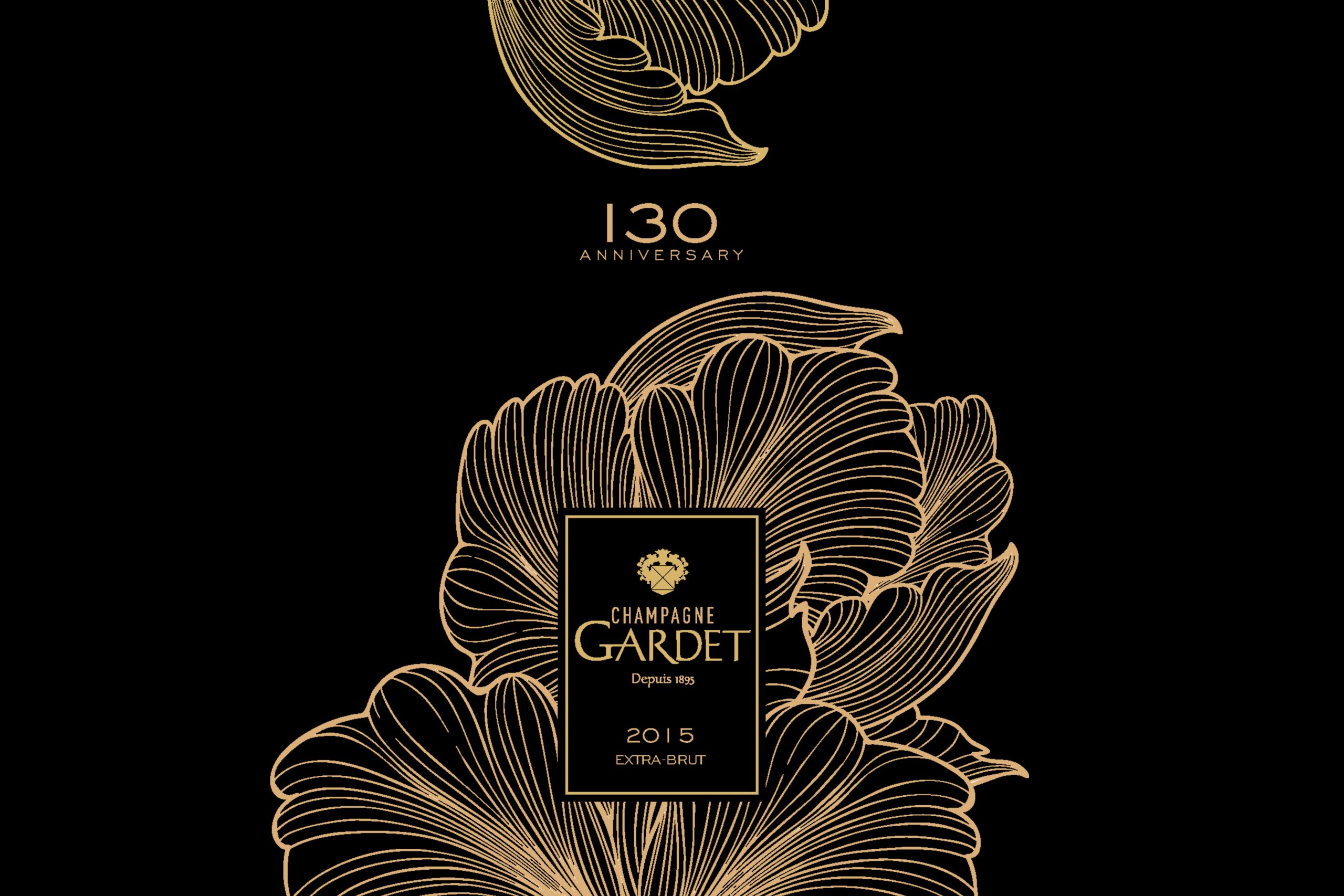John Kapon: the ‘ghost’ of Kurniawan is behind us
By Natalie WangJohn Kapon, chairman of the American auction house Acker Merrall & Condit, is eager to move on from the Rudy Kurniawan trial with a renewed focus on Asia, claiming that ‘old ghosts’ are behind him.
John Kapon (Photo: Helayne Seidman)
“It’s a great and positive time for wine. We are interested in positive stories, not the negative stories, or digging up old ghosts,” said John Kapon, a third-generation wine merchant, speaking to dbHK during his trip to Hong Kong prior to its Acker’s Hong Kong auction on 7 and 11 June.
“There are always going to be haters because we are No. 1,” interjected Andrew Bigbee, CEO of Acker Asia, who has left his role at Hong Kong’s Madison Wine to join Acker after the two parties broke off their partnership.
In a much-contested market like Asia, where international and local auction houses are shoring up efforts to attract deep-pocketed Asian collectors, the company claims it is currently the leader in wine auctions in the US and Asia, even after being suspected for its alleged role in Rudy Kurniawan scandal.
“Acker Asia has been No. 1 in the Hong Kong market since 2008, and Acker’s global revenue is estimated to be US$40 million through the first six months of 2017, so we are very busy as it is,” stated Kapon.
Acker’s Asia auction sales generated about HK$243.82 million (US31.2 million) in the past 12 months, representing 43% of the auction house’s global revenue, Bigbee revealed to dbHK.
Addressing competition from other auction houses, Kapon commented: “Competition is good, we like to see other people be successful. It means the market is good. We are very positive. There are people in the industry who like to say bad things about other people whether it’s about us or somebody else. It’s just how they try to build their own business up. We don’t believe in that at all. We consider ourselves ambassadors for wine.”
When asked about how the auction house will ensure the authenticity of the wine on sale in the future, Kapon replied,“We’ve been No. 1 in Hong Kong since 2008 and we must have been doing something right,” before listing what he believed are Acker’s advantages: the wine inspection process and customer services, which according to him, “are amongst the best and most robust”.
“To my knowledge Acker was the first auction house in the world to retain third-party inspectors to both inspect and authenticate many of the fine and rare wines it sells before they ever hit the auction block, a ground-breaking practice in the industry that continues to this day.
“In my opinion, our inspection processes and customer service are among the best and most robust. And our wide international client base apparently agrees, which is why, year-after-year, Acker remains the top the fine wine auction world, and why for the first half of 2017 alone, Acker had more than US$40 million in gross sales,” Kapon asserted.
The auction house holds auctions annually in Asia and the US, and in recent years it started to conduct live auctions broadcast in several Asian cities, such as Beijing, Shanghai, Taipei, Hong Kong and Tokyo, for real-time bidding with collectors elsewhere.
Comparing Asian collectors with American collectors, Kapon noted that the latter has more depth and width in their portfolio while Asian collectors in general are after “the best of the best”.
Partner Content
Acker’s June Hong Kong auction catalogue
“In the States, there’s more width and depth to what people collect. I think in Asia, people are more focused on the best brands, the biggest names.
“More and more people are starting to experiment and try more things, but there’s more A to Z in America compared with As and Bs in Asia,” he explained, citing the Rhône, Napa Valley, Italy, Germany as options for collectors to expand their portfolio.
The fine wine market, however, is still dominated by French wines, particularly Bordeaux and Burgundy, although in the past five years, Burgundy has surpassed Bordeaux in terms of market share based on Acker’s sales, he revealed.
He continued by stating that Bordeaux is still the backbone of collectors’ portfolios, but younger vintages of Bordeaux are traded less in the secondary market as en primeur becomes less appealing for buyers to see profit returns.
“There are more layers and diversity in Burgundy,” he explained. “There’s more to discover in Burgundy than there is in Bordeaux. The hierarchy in Bordeaux is very established and it’s not like all of a sudden there’s a new surprise”.
In June, during Acker’s Hong Kong auction, the auction house introduced four saké lots for the first time, mainly driven by growing interest from Asian collectors after Wine Advocate started to rate saké. But comparing saké’s investment value with fine wines, the wine merchant admitted that it is still not yet in the “investment class”.
“Many people love saké but do not know the first thing about how it is made, what makes one better than the other, or even where to get many of the best producers, also known as breweries.
“The Wine Advocate’s first review of saké will certainly help consumers looking to understand it better, and we are fortunate to have these direct consignments from of the most highly-rated breweries in Japan. As with any fine wine and spirit, there’s opportunity to buy on release and see the value go up immediately, so in that regard, there’s investment potential with saké, but short-term due to its lack of agebility,” he explained.
Most sakés are meant to be drunk within one to two years, with some experts arguing that if stored properly at 30F or less, the beverage has the potential to age for five years or more.
Please note that a number of comments left on this article have not been approved as they contained a number of libellous and defamatory references that violate our posting guidelines. While we welcome and encourage debate, we are unable to approve posts that contain references to issues that have not been proven in court. Since the publication of this article, we have taken measures to ensure our posting guidelines are more accessible and that commenters are aware of the laws that govern post approval. Thank you for your understanding.





Contrary to their claim, Acker Merrall & Condit is not currently even close to No. 1 in the US. As thedrinksbusiness.com reported back on June 11, Acker Merrall & Condit was a very distant 2nd with a 19.7% share compared to Hart Davis Hart’s 33.6% share for the first half of 2017.
John Kapon has zero credibility in this area. Acker was ground zero for Rudy fakes for a reason. Shame on you for giving him a self serving platform.
Sadly, both Kent and Chris are correct and I know this directly from the horse mouth! I worked literally in the same room as Kapon, Samantha, Truly and others for many years and they are nowhere near #1 anywhere, US or outside. I don’t want to go into horrible conditions of work that made me quit – long working hours for little benefits, absolute minimum compensation for New York’s average wages, and never-ending baby-tantrums that Kapon has/had, acting more like spoiled millionaire (that he is not) than a team leader or supposed CEO. If you think your boss is mean, cruel or nasty – go work for Kapon for a day or two you will experience new levels of hell, as so did his over 10 secretaries that were joining and quitting en-masse. This man never been about building company, managing a team, being good mentor or leader; for him is all about bottom line and everyone he looks at is being evaluated first and foremost of how much he/she cost Kapon/Acker in terms of employment’s costs.
But the biggest lie and insult was his claim about his inspection process and customer support. The guys at warehouse outside New York are heavily underpaid; there has been numerous stories of broken bottles of wine, stolen wine, someone was caught drunk drinking off some collector lot and was woken up next morning, its disaster. If you think there was one Rudy story and Acker is as clean as whistle, please go out of curiosity tell them you want to inspect your wine in their storage facility, its one big mess.
I don’t believe anything Kapon says, Feds didn’t either, and so shouldn’t you!